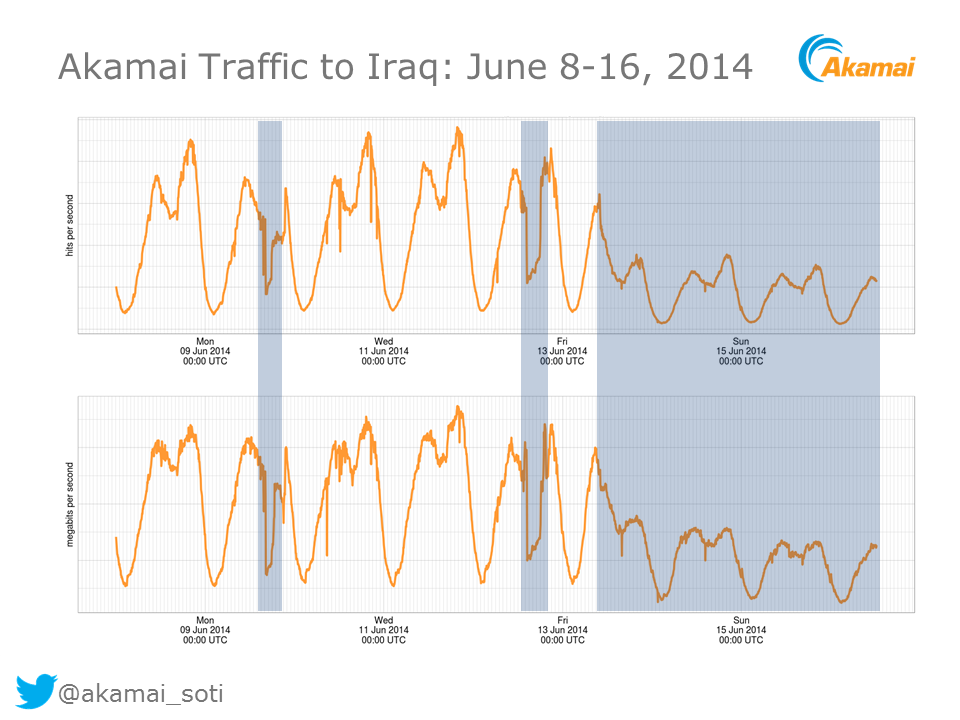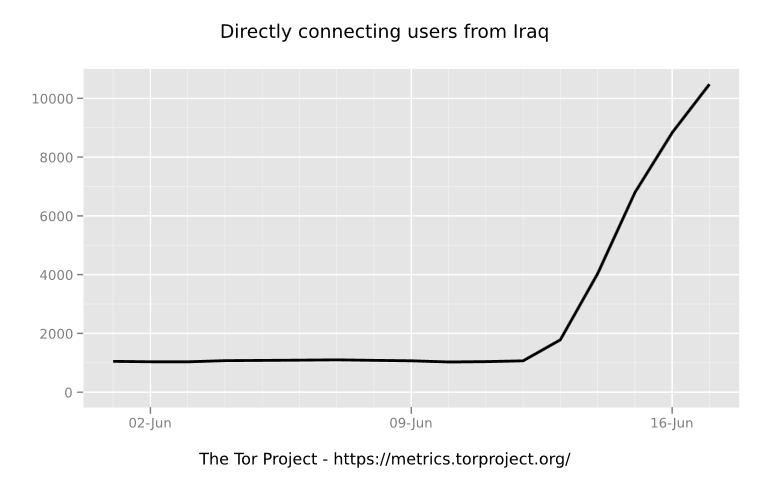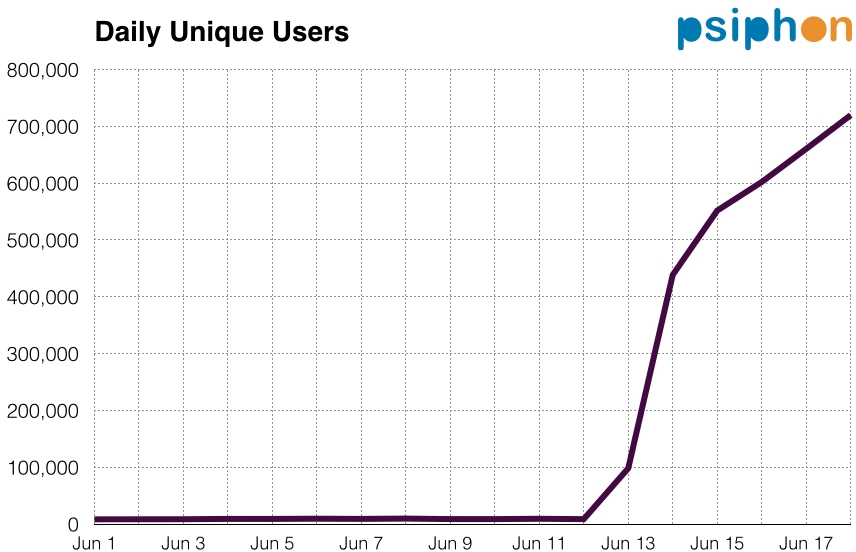Earlier this month, Russia’s new Internet censorship bill (available in English here, translated by Google machine translation) – designed to block content “containing [child] pornography or extremist ideas, or promoting suicide or use of drugs” – went into effect. Roskomnadzor, the Russian government’s media and communication monitoring ministry, will be responsible for enforcing the blacklist, which will be generated by submissions from individual users as well as three government agencies: the Interior Ministry, the Federal Antidrug Agency and the Federal Service for the Supervision of Consumer Rights and Public Welfare.
According to the new bill, after Roskomnadzor adds a website to its blacklist, the host provider of the offending site must remove the content immediately or Internet service providers (ISPs) will be instructed to block traffic to that site, or even the entire hosting provider. In protest, Russian Wikipedia blocked access to its own content for 24 hours in July, and major search engine Yandex, as well as sites like Mail.ru, Vkontakte and Livejournal, have all staged protest campaigns. Reporters Without Borders has also condemned the bill.
Online free speech scholars and activists have cited two frequent concerns about the bill. The first is that the bill’s definition of censorable content is vague, at best. What begins as the blocking of objectionable or “extremist” ideas may slowly expand, encroaching on valuable political speech. Content creators may become warier of what they post online, spurring self-censorship. And entire host providers could be blocked for one offensive piece of content – e.g., all of YouTube blocked to prevent access to the recent anti-Islam film that sparked riots this summer. (The technical solution to prevent this from occurring leads to the second concern, below.) As Russia’s Communications and Press Minister Nikolai Nikiforov wrote on Twitter in July: “The bill’s idea related to protecting children from objectionable information is right, but there are problems with the mechanisms for doing so.”
Second, the new system likely implements Deep Packet Inspection (DPI) – a form of packet filtering that that examines both the header and the actual data of the information being transmitted between the user and the Internet. Essentially, the government will be able to create a detailed log of what content any user accesses online. Rather than just block particularly offensive content, a nationwide implementation of DPI could give the government the power to monitor anyone’s online activity.
Russian netizens – among them the creators of Rublacklist.net, a site created to document each website blocked in accordance with the bill – are watching closely to see whether this new law will be applied narrowly or broadly, and how it will ultimately affect the freedom of Russia’s Internet.
Already, one suicide prevention site that has a page listing suicide methods has been blocked, as has the Russian domain (though not a parallel, internationally hosted site) for the Rylkov Foundation, which promotes drug policies based on “humanity, tolerance, protection of health, dignity and human rights” – the foundation apparently supports substitution therapy in the treatment of drug addicts.
These efforts represent a broad shift in Russia’s approach to Internet censorship. In the OpenNet Initiative’s 2010 book Access Controlled, Ron Diebert and Rafal Rohozinski described the “relative freedom” on the Russian web and noted that technical tests had found the Russian Internet “accessible and relatively free from filtering.” Compared to the technical filtering found in China, Russia’s “control strategies tend to be more subtle and sophisticated and designed to shape and affect when and how information is received by users, rather than denying access outright.”
Russia’s new law runs parallel to efforts in a number of countries around the world to require ISPs to invest in filtering technology, such as South Korea’s practices of arbitrarily requesting ISPs to block information the government wants to suppress. Even in the United States, the Stop Online Piracy Act (SOPA), if enacted, would have required ISPs to block access to sites after a court order.
Rublacklist.net has put together a collection of ways to circumvent the black list. As in China and elsewhere, it seems probable that an escalating cat-and-mouse game will develop. For now, important questions about who decides what is filtered and how transparent and accountable the system will be remain up in the air.



